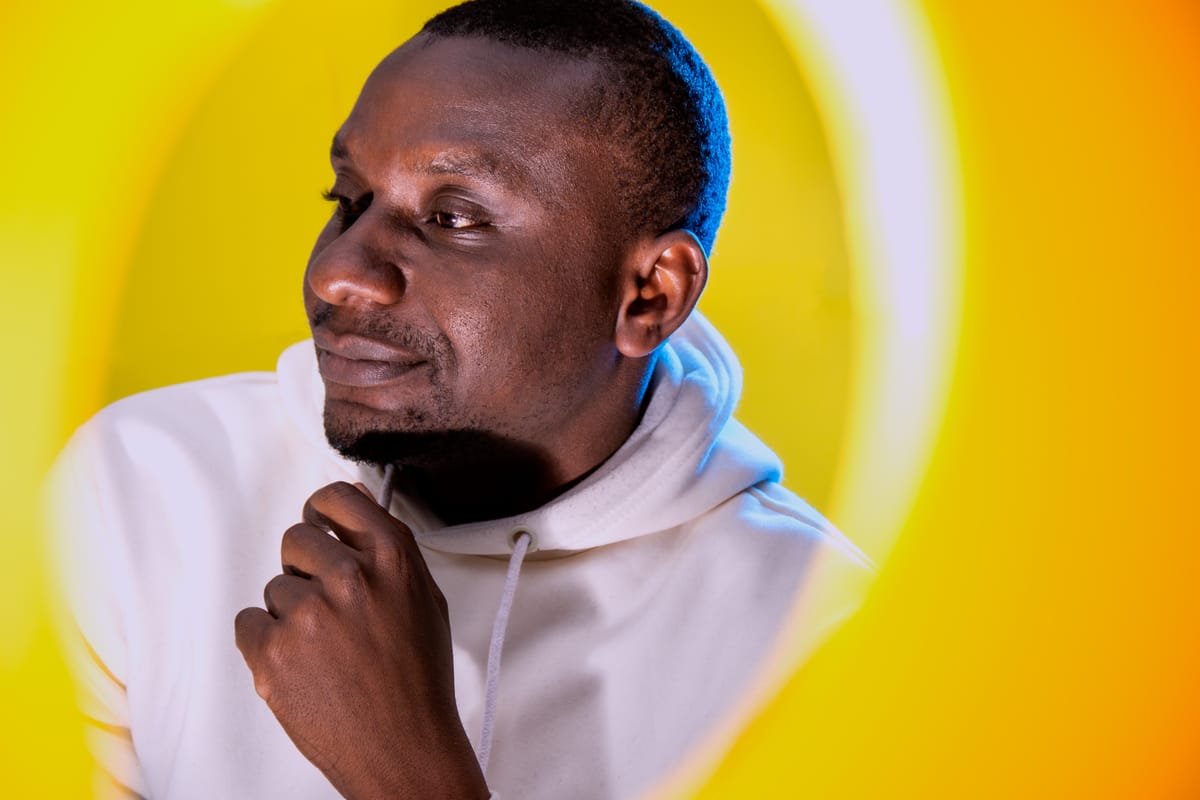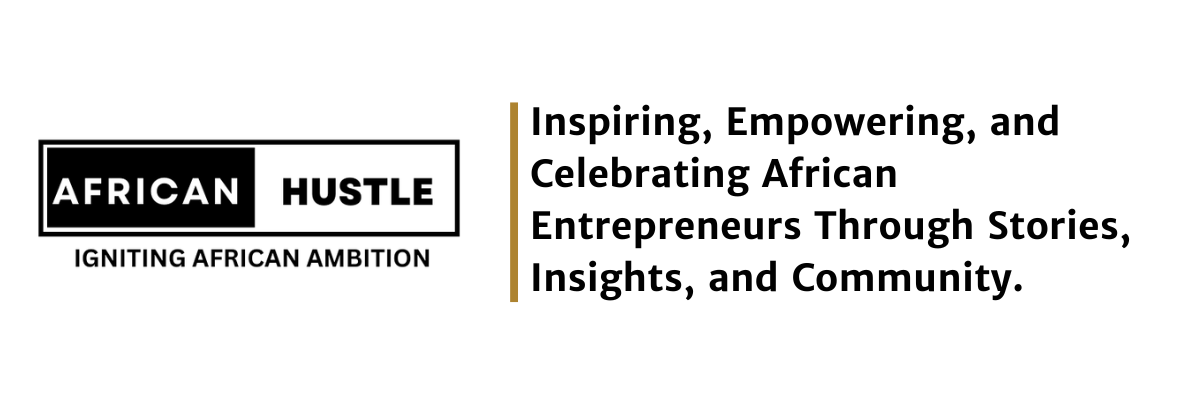
Welcome to African Hustle! Your bi-weekly dose of inspiration and smart insights into African entrepreneurship — featuring real stories about tech, culture, startups, founders, and innovations shaping the future of the continent.

Opportunity Alert
Market Size and Growth Opportunity for African Entrepreneurs in Avocado Oil Production
Africa is a significant player in global avocado production, accounting for approximately 12% of the world’s avocados, yet less than 2% of this output is processed into oil. The global avocado oil market was valued at $604.76 million in 2023 and is projected to reach $1.13 billion by 2032. The market is expected to grow at a CAGR of 7.8% globally, with even higher rates in specific segments and regions. The extra virgin avocado oil market alone is projected to reach $962.33 million by 2031, growing at a CAGR of 5.82%.
South Africa is the continent’s biggest producer of avocados, leading at 120,000 tonnes annually, followed by Kenya (80,000 tonnes), Tanzania and Zimbabwe (5,000 tonnes each), and Mozambique (1,000 tonnes). Of all the tonnage produced in South Africa, 10–15% of avocados are processed into oil and pulp, with the majority sold fresh or exported.
Europe is a key target market for avocado oil, showing strong and accelerating demand. The European avocado cooking oil market was valued at $450 million in 2024 and is expected to reach $1.2 billion by 2033, with a CAGR of 12.5% from 2026 to 2033.
The avocado oil sector represents a high-growth, high-potential market for African entrepreneurs with global ambitions. With substantial raw material availability, low current processing rates, and surging demand in Europe and beyond, there is a compelling opportunity to scale avocado oil production for export, create jobs, and drive economic development across the continent.

One failure in Silicon Valley gets a second chance.
One failure in Africa becomes a cautionary tale.
In the West, failure is a badge of honour. In Africa, it's often a scarlet letter. Our stories are not given the space to evolve, the world tells us to play it safe, to wait our turn, or worse, to stay in our lane.
Europe negotiates as a bloc, leveraging collective strength.
Africa negotiates divided, often under pressure, sometimes in desperation.
Progress to open up trade between African countries remains slow and inconsistent. Meanwhile, bilateral deals often pit nations against each other rather than empower them collectively.
The U.S. has 50 states and one dollar.
American startups access a $30 trillion economy under unified rules.
Despite having over 1.4 billion people and quadrillions in dormant potential, Africa’s fragmented systems and restrictive visa regimes make intra-continental collaboration unnecessarily dramatic and difficult. The African hustler is, quite literally, boxed in.
The EU has 27 nations and one market. One passport unlocks 27 borders.
An African passport can block you from visiting your next-door neighbour.
While the U.S. and EU scale through unity, and China and Asia harness their massive populations to unlock human capital, Africa remains 54 fragmented countries divided by borders, currencies, and systems, with no common goal in sight.
Dear African hustler, you are compelled to hustle through fragmentation, fragile political systems, and volatile economies.
We must change this narrative. And it starts with us, you and I. We’ve touched on this last week and again the week before that.
If we are at all serious about shifting the African story, we must be relentless. Obsessed, even. And this is not a gospel of patriotism or pan-African romanticism. This is a manifesto for eradicating poverty and underdevelopment through entrepreneurship.
Step 1: Work on something.
Step 2: Work together.
In today’s newsletter, we dive into the traits you need to be successful while working on Step One.
Main Issue
The Power and Misunderstanding of Founder Obsession
Highly successful entrepreneurs are not universally liked. Many are harshly criticised, mostly by those who don't understand the fire it takes to build something tangible.
Steve Jobs was accused of having a "reality distortion field. " He was so obsessed with his vision that he often bulldozed through and dismissed others’ views.
Elon Musk is constantly under fire for controversial decisions and disruptive statements. But it’s this very obsession with building the future on his terms that has taken him to the top of multiple industries.
The list does not end there. It goes on to include the likes of Mark Zuckerberg, Larry Ellison, and Bernard Arnault, all criticised for traits that would derail the average person, but which proved to be assets at their scale.
Closer to home, African founders are no strangers to such scrutiny.
Aliko Dangote is obsessively focused on vertical integration and eliminating Africa’s dependency on imports. Critics call it monopolistic. But it's also why he became Africa’s richest man.
Strive Masiyiwa fought a five-year legal battle with the Zimbabwean government for the simple right to operate a mobile network. He was called stubborn and difficult, yet his resilience led to the birth of Econet Wireless, now operating across Africa. In many countries, Masiyiwa refused to pay bribes, navigating a continent where corruption is often seen as the price of doing business.
Someone might ask why Strive didn’t walk away from Zimbabwe, Botswana, or Nigeria and find easier markets? Obsessed founders don’t walk away. They built through the fire.
You probably know a local entrepreneur, or even a wealthy relative, accused of being stingy, arrogant, or selfish. Or a friend who changed after getting money. Who stopped picking up your calls? Or stopped lending you cash!
You need to learn and accept this uncomfortable truth: If you don’t change, you will remain where you are. And each stage you scale to will require a better version of you.
When you, too, are reasonably successful, you will need thick skin. And perhaps possess one or two traits that seem negative to the average Joe.
In environments as tough as Africa’s, where systems often work against you, these so-called vices become vital tools for survival and growth.
The Traits That Build Real Businesses
Looking at successful people, you start to see some commonalities which consistently show up in top performers.
Self-Belief and Confidence
They trust their instincts. Even when others doubt them, they remain sure of their path.Big Picture Thinking
They operate with vision, balancing short-term execution with long-term strategy.Clarity of Focus
They know what they want and cut through distractions with surgical precision.Commitment and Relentlessness
They don’t dabble. They go all in: time, energy, and resources.Resilience
Every failure is a lesson. They don’t stay down. They rise each time stronger and smarter.Calculated Risk-Taking
They don’t fear uncertainty. They manage it. They calculate risk, not avoid it.Resourcefulness
They build with what they have. They make scarcity a strength.Self-Discipline
They delay gratification. They show up even when no one’s watching.Responsibility and Accountability
They own their mistakes and their wins. No excuses.Continuous Learning
They adapt. They stay curious. They evolve.Independence from Others’ Opinions
They’re not looking for applause. They’re building for impact.Patience and Long-Term Vision
They know empires are not built overnight.
Misunderstood Traits
Risk-taking can look like recklessness to the risk-averse, but it’s the price of transformation.
Relentlessness can seem like obstinacy or stubbornness.
Financial discipline might appear as being stingy.
Indifference to validation may be taken as arrogance or aloofness.
Obsession with success might translate as greed.
Self-promotion can be perceived as ego or pride.
Resilience in failure can look like denial.
What Successful People DON’T Do
They don’t dwell on self-pity or external excuses.
They don’t resist change, they leverage it.
They don’t give up after setbacks.
They don’t envy others; they study and learn from them.
They don’t expect instant results. They build patiently.
Africa is playing catch-up. So are you. So am I.
But we won’t catch up by talking. Or waiting. Or complaining.
We catch up by acting. By building. By staying obsessed.
So here’s your charge:
Work on something.
Stay with it.
Then, find others who are building too, and build together.
That’s how we change the African story.
Not with slogans. Not with speeches. But with our sweat.
You will be accused of being opportunistic, rude, antisocial, and a whole load of other vices. Even witchcraft. There is a price to pay for the success you want. And one of them is being misunderstood.
Let’s go to work.

Local Hero
Meet David Clemy
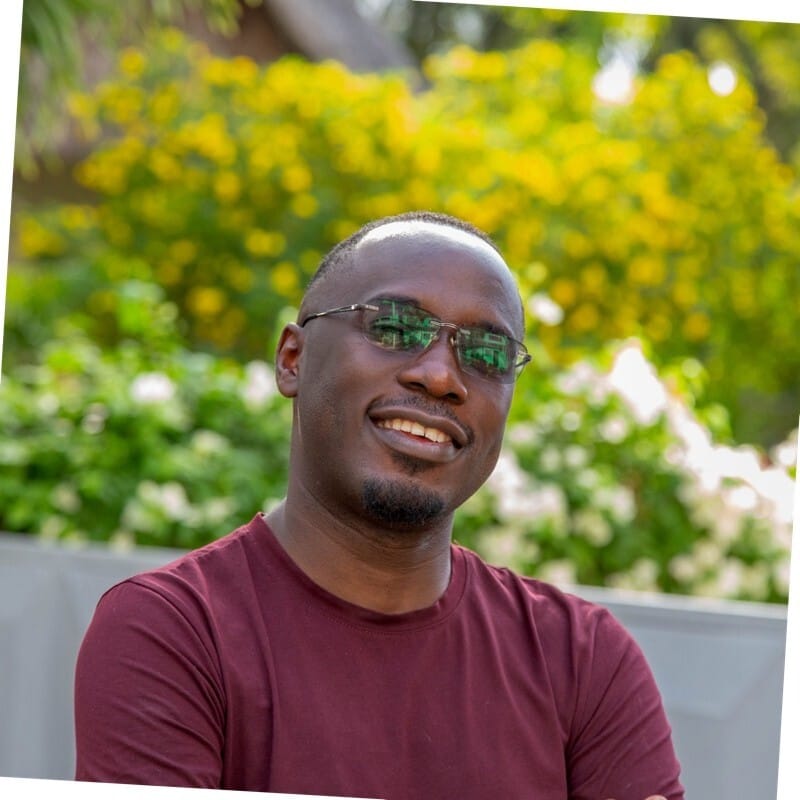
David Clemy is a Ugandan social entrepreneur and innovator known for pioneering a unique form of Village Community Resource Banking called VICOBA Plus. This model combines group savings with business training and mindset shifts to empower communities to break the cycle of poverty.
Since 2014, he has partnered with African Road to expand VICOBA to six communities across East Africa, impacting thousands of lives by launching numerous small businesses and inspiring new hubs in Rwanda and Tanzania.
Clemy is also a co-founder of The AfroKreate Academy and focuses on driving social change and fighting poverty through innovative social entrepreneurship approaches

Proverb Of The Week
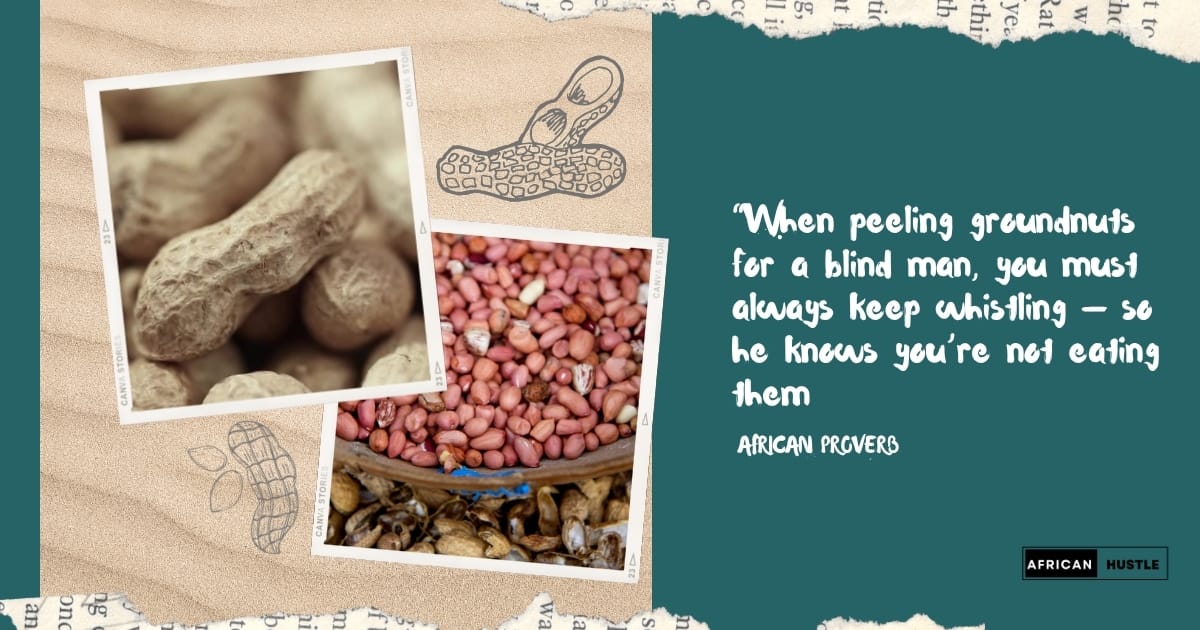
When someone cannot verify your actions, you must go the extra mile to demonstrate honesty and integrity.

Quiz/Trivia
What is the smallest country in mainland Africa?
Answer: [spelt backwards] aibmaG

Did You Know?
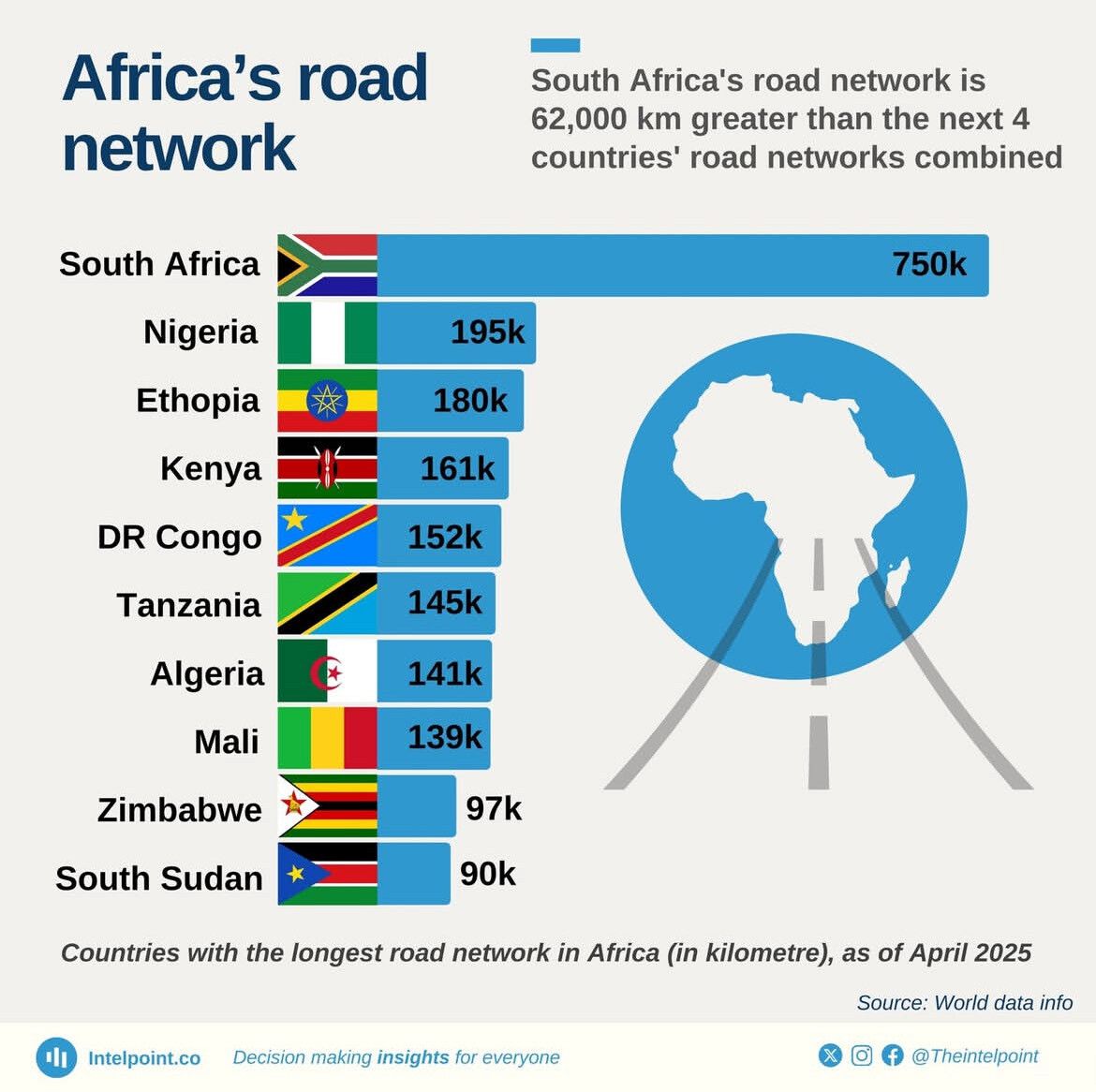
Source: @theintelpoint
South Africa has the largest road network in Africa, stretching an impressive 750,000 km. That’s 62,000 km more than the next four countries combined.
We are going nowhere fast if no significant investment is made in road infrastructure.

Community
Google’s AI Futures Fund

The AI Futures Fund is a new initiative by Google designed to support startups using cutting-edge AI tools from Google DeepMind.
Startups that are selected get early access to advanced AI models. They also receive technical mentorship, Google Cloud credits, and in some cases, direct equity investment.
The fund runs on a rolling basis, so startups can apply at any time, no matter what stage they’re in. This includes startups from Africa.
For African founders, this is a major opportunity. It’s a chance to tap into world-class AI technology, secure funding, and get expert support.
With the right backing, these startups can tackle local problems and scale their solutions across the globe. Ultimately, the fund aims to fuel innovation and economic growth in regions like Africa.

#ShoutOut
Spotlight Mbwana Alliy
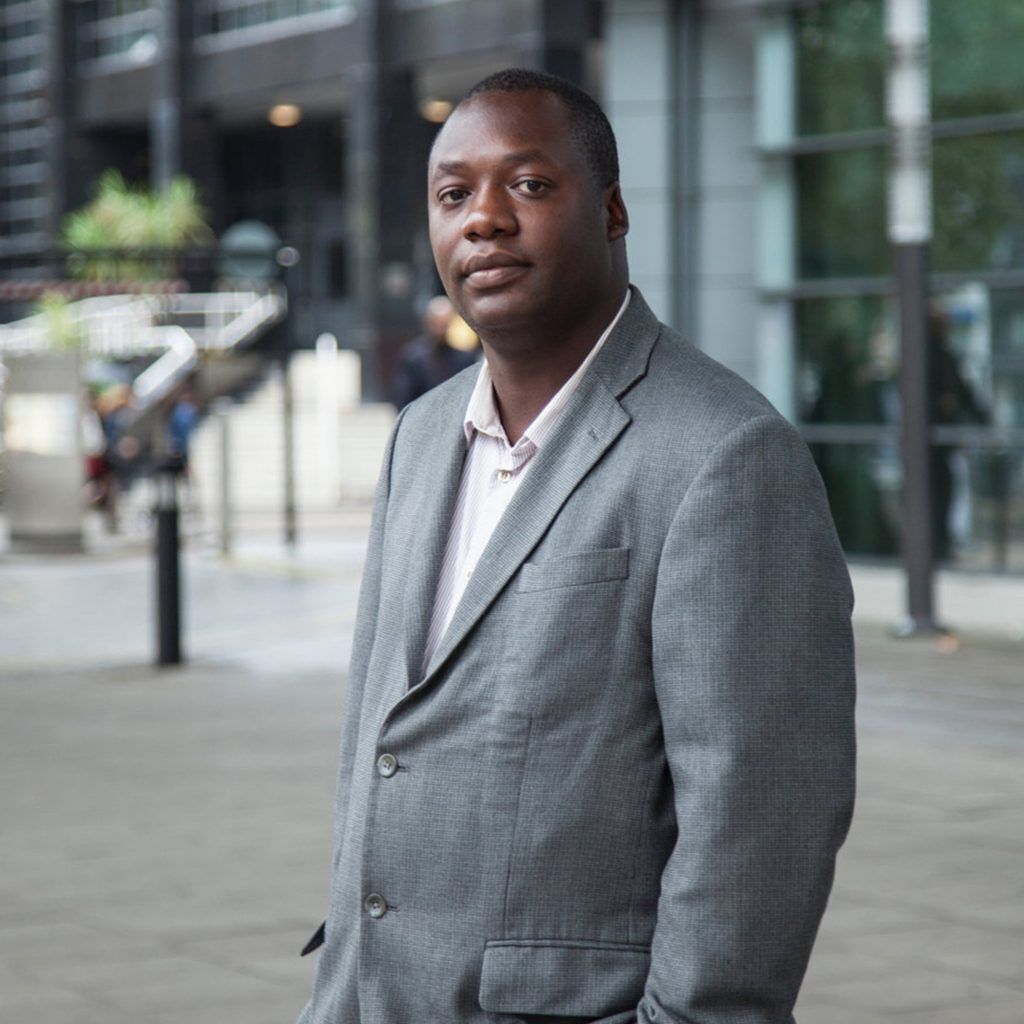
Mbwana Alliy is a visionary Tanzanian entrepreneur and investor. He is a co-founder and Managing Partner of Savannah Fund and has been instrumental in propelling early-stage startups across the continent.
Some of his notable investments are in companies like Twiga Foods, MPost, and Flutterwave.
With a background in electrical and communications engineering from the University of Bristol and an MBA from Stanford Graduate School of Business, Alliy's career spans aerospace engineering in the UK, product management at Microsoft, and venture capital in Silicon Valley.
Since establishing the Savannah Fund in 2012, he has overseen investments in over 30 startups across seven African countries, contributing to the creation of more than 400 full-time jobs and facilitating over $60 million in venture financing.
Enjoyed this post? Share it with someone who might find it helpful and encourage them to subscribe!
If we missed something, we’d love to hear from you — hit reply and let us know what insights you want us to dive into next.
And if this email was forwarded to you, you can sign up here!
